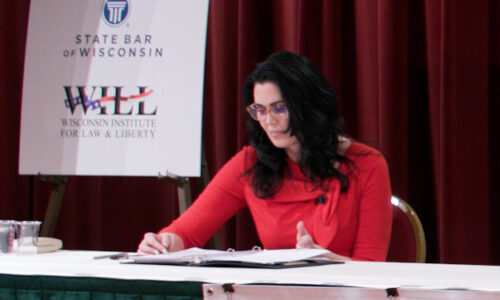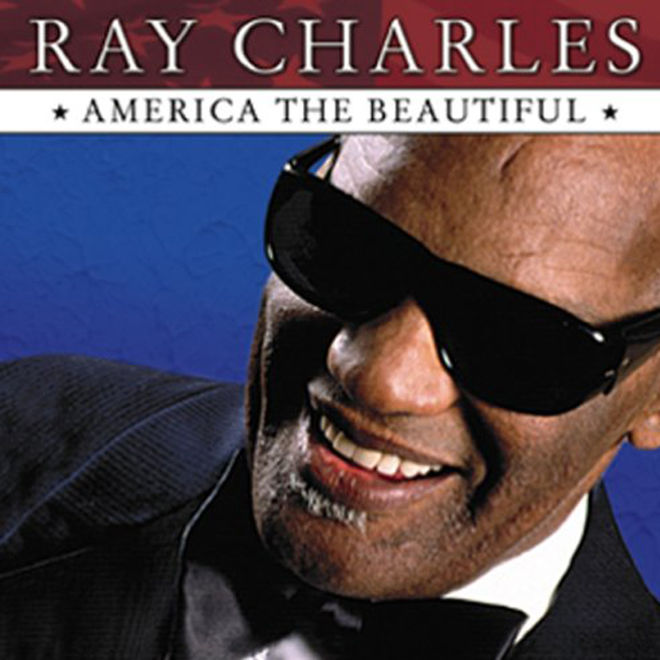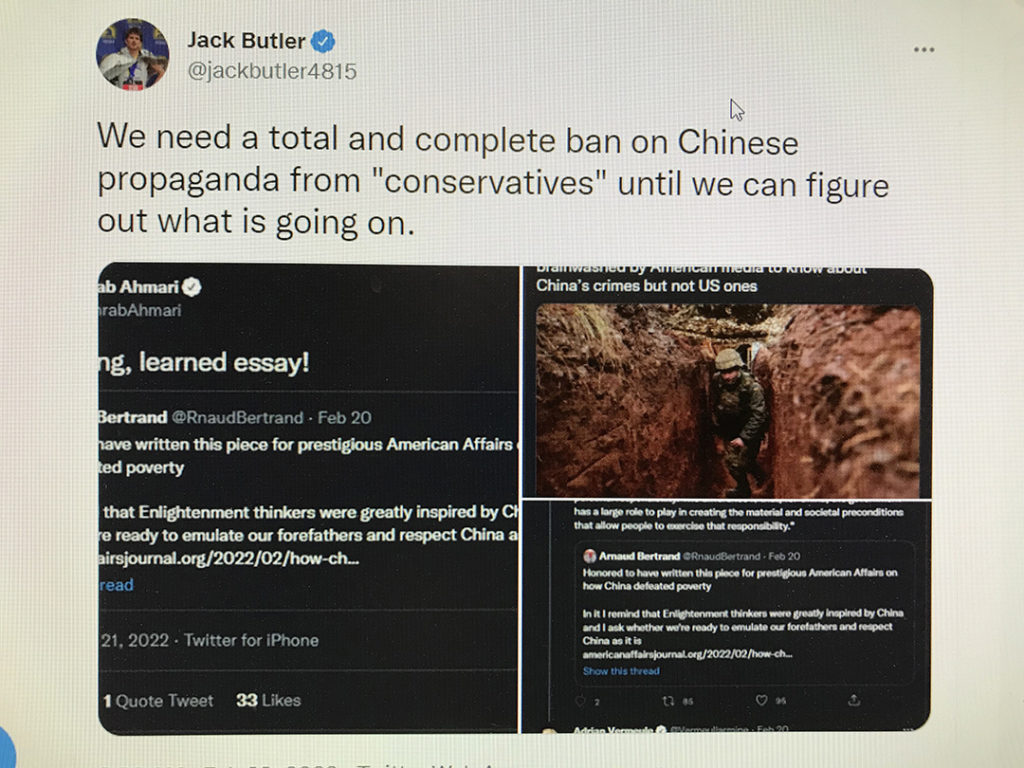The sting of last week’s loss in the Wisconsin judicial election seems to be very acutely felt on the American Right. The proof of this is the Right’s desperate scramble to find something other than the Right’s own failures to blame for the loss.
Given that poor candidate quality has become a major issue for the Right in recent elections, it’s easy to blame its candidate in this race, Dan Kelly. Easy, but dead wrong – and the rush to shift blame to Kelly is hindering the Right from learning the lessons that it really needs to learn from this race if it wants to win in the future.
Should Judicial Conservatives Make Law from the Bench?
Abortion was the election’s most important issue, because Dobbs had brought Wisconsin’s century-old abortion ban back into force. I’ll put up my credentials as a militant pro-lifer against all comers, but the political facts on the ground are what they are: Voters who liked the return of the abortion ban were outnumbered in Wisconsin by voters who didn’t.
And voters who understood the distinction between the role of the judiciary and the role of the legislature in abortion policy were not just outnumbered but dwarfed by those who didn’t.
Some are blaming Kelly because he allegedly allowed the Left to define him on abortion. Ann Coulter, with all the characteristic nuance and restraint we’ve come to expect from her, holds up Kelly when making her case that the Right needs to change policy on abortion.
But this was a judicial election. Kelly consistently said the only right thing for him to say: That his job as a justice would be to interpret the law, not make it, so his personal views of abortion were irrelevant. The Right should consider: If judicial candidates ought to campaign for the bench by talking about their personal opinions about abortion, Roe was good law and should not have been overturned!
If our pro-life principles are not currently popular among voters, that’s not a Dan Kelly problem. That’s the Right’s problem.
Competence, Not Ideology?
Another knock on Kelly seems to be that he was supposedly a lackluster candidate. But the reason Kelly was the Right’s standard-bearer in the general election is because the woman who would have been the Right’s candidate if Kelly hadn’t been, Jennifer Dorow, was downright incompetent. Dorow only ran after she became a local celebrity, having had the good luck to preside – incompetently – over a sensational murder trial that garnered her tons of what is unfortunately called “earned” media.
Kelly’s critics say Dorow would have done better in the general election, but Kelly beat Dorow in the preliminary stage of this two-stage election because voters who actually heard Dorow speak could see that she was utterly unqualified for high office. Dorow was so unequal to the challenge of campaigning that she literally showed up to her first debate with a binder full of answers.
Throughout the whole debate, when asked a question, she just turned to the appropriate page and read her answer verbatim out of the binder.
A lot of people who now find it convenient to say that this woman who carries her brain around in a binder should have been the Right’s nominee enjoyed a good laugh when a recent judicial nominee from the Left couldn’t define a Brady motion. You can’t have it both ways. Standards either matter or they don’t.
Just as important, Dorow has no judicial record as a conservative. Empty of substance, she grasped at right-wing rhetoric for political advantage. She’d doubtless have continued to read some of her answers out of the Right’s binder while in office, but it’s unlikely she’d have been reliable – especially on the hard votes.
If the Right’s alternative to Kelly is a celebrity who can’t remember her own thoughts unless she’s reading them off a cue card, that’s not a Dan Kelly problem. That’s the Right’s problem.
The 800-Pound Celebrity in the Room
Speaking of celebrity candidates, the final knock on Kelly is that he was supposedly a Trumpist. Just at the moment Wisconsinites were going to the polls, Trump’s toxicity was thrust back into the spotlight, as he was forced to take a break from celebrating the January 6 rioters who tried to prevent the peaceful transfer of power in order to appear in court to answer charges that he lied about how his cronies went about paying the porn star he committed adultery with to keep quiet while he was running for president. There is little doubt that Trump’s ill-timed return to the spotlight is the other major reason besides abortion the Right lost this election.
But the post-election attempt by some on the Right to depict Kelly as a Trumpist is outrageously unfounded. Kelly avoided any connection either to Trump and the illiberal authoritarianism for which he stands. One person who clearly understands this is Trump himself; he denounced Kelly when Kelly declined to kiss his ring.
There really was a Trumpist candidate in this election. It was Dorow, who spouted a nonstop flow of shallow nationalist crankery out of her binder right up until the day she conceded to Kelly. Once again, you can’t have it both ways.
The reason Kelly’s general-election opponent was able to connect him to Trump in the voters’ minds is simple: Kelly once did some legal work for the Republican Party. That was all it took to allow his opponent to put Kelly’s face next to Trump’s face in all her advertising, with unfounded claims that Kelly was connected to every Trump outrage.
If merely working for the Republican Party makes you toxic to voters, that’s not a Dan Kelly problem. That’s the Right’s problem.
There are at least some who see what lesson the Right needs to learn from this election. Noah Rothman observed on election night: “Rs are gonna lose a consequential Supreme Court race in WI and watch the soft defund candidate win the mayoralty in Chicago tonight, and they’ll spend all day tomorrow talking about Trump. And no one will see the problem.”
Or as Jennifer Hayden put it: “The party of personal responsibility needs a long, hard look in the mirror.”
Dan Kelly – precisely because of his high qualifications and untouchable integrity – was the only candidate in this race who offered that mirror to the voters of Wisconsin. If they didn’t like what they saw, that’s not a Dan Kelly problem, either.




